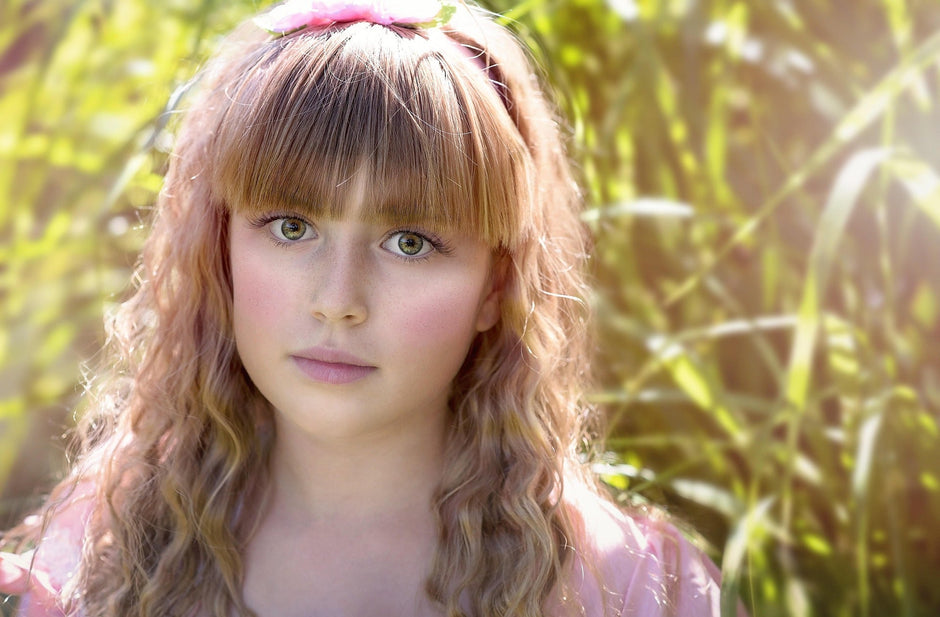Scabs on the scalp can be a concerning issue for many people, leading to discomfort and self-consciousness. Understanding the causes, treatments, and preventive measures for scabs in the scalp can help you manage this condition effectively. In this article, we will delve into the reasons behind scabs on the scalp, how to treat them, and tips to prevent future occurrences.
Table of content
What are scabs in the scalp?
Scabs in the scalp are crusty patches that form as a result of healing skin after injury or irritation. They can be caused by various factors including skin conditions, infections, or trauma. While scabs themselves are not harmful, they can indicate an underlying issue that may require attention. Common causes include dandruff, eczema, psoriasis, fungal infections, or even allergic reactions to hair products.
As your leading source for hair health information over the past 4 years, we never compromise on accuracy. When it comes to your health, you deserve information you can truly rely on - and earning your trust is our top priority.
Here's how Scandinavian Biolabs ensures every piece of content meets the highest standards of accuracy and integrity:
- Credentialed Experts: Our reviewers are actively practicing doctors and medical researchers
- Stringent Reviews: Content undergoes rigorous editing by subject specialists and review by a practicing doctor.
- Evidence-Based: We rely on well-established research from trusted scientific sources like peer-reviewed journals and health authorities.
- Full Transparency: Our editorial standards, writer credentials, reviewer credentials, correction process, and funding are all publicly documented.
- Independent Voice: While we do promote products, we operate in a vacuum to business operations. Our main goal is just an unwavering commitment to providing medically-sound guidance.
You can count on Scandinavian Biolabs to consistently deliver the trustworthy health information you deserve. Read our Editorial Standards.
What causes scabs on the scalp?
Scabs on the scalp can arise from a variety of causes, including:
- Dandruff: A common scalp condition characterized by flaking and itching, which can lead to irritation and scabbing.
- Eczema: This chronic inflammatory skin condition can cause dry, itchy patches that may become scabbed due to scratching.
- Psoriasis: A more severe skin condition that leads to rapid skin cell turnover, resulting in red, scaly patches that can form scabs.
- Fungal infections: Conditions like ringworm can cause scabs as the skin reacts to the infection.
- Trauma or injury: Scratching, hair pulling, or other physical damage to the scalp can result in scabs as the skin heals.
- Allergic reactions: Sensitivity to hair care products or dyes can lead to scalp irritation and subsequent formation of scabs.
How can you treat scabs on the scalp?
Treating scabs on the scalp depends on the underlying cause. Here are some common treatment methods:
- Medicated shampoos: Using shampoos that contain active ingredients like salicylic acid, ketoconazole, or coal tar can help treat dandruff and scalp psoriasis.
- Topical treatments: Corticosteroid creams or ointments may be prescribed to reduce inflammation and relieve itching associated with eczema or psoriasis.
- Antifungal medications: If a fungal infection is diagnosed, anti-fungal treatments may be necessary to eliminate the infection and promote healing.
- Moisturizers: Applying natural oils or medicated ointments can help soothe the scalp and promote healing, especially for dry skin conditions.
- Antihistamines: If allergies are the cause, taking antihistamines can help reduce itching and prevent scratching.
- Avoiding irritants: Identifying and eliminating products that irritate your scalp can prevent further scabbing.
When should you see a doctor for scalp scabs?
If you notice persistent scabs on your scalp that do not improve with over-the-counter treatments, or if you experience severe itching, pain, or hair loss, it is important to consult a healthcare professional. A dermatologist can provide a proper diagnosis and recommend appropriate treatments tailored to your specific condition.
How can you prevent scabs on the scalp?
Preventing scabs on the scalp involves adopting good scalp hygiene and being mindful of potential irritants. Here are some effective prevention strategies:
- Regular washing: Keep your scalp clean by washing your hair regularly with a gentle shampoo to remove dirt, oil, and dandruff.
- Moisturizing: Use a moisturizing conditioner to keep your scalp hydrated and reduce dryness that can lead to irritation.
- Avoid scratching: Try to avoid scratching your scalp as this can exacerbate irritation and lead to scab formation.
- Choose gentle products: Opt for hypoallergenic and fragrance-free hair care products to minimize the risk of allergic reactions.
- Manage stress: Stress can exacerbate skin conditions; practicing stress-reducing techniques like meditation and exercise can be beneficial.
Conclusion
Scabs on the scalp can be an uncomfortable and sometimes embarrassing issue. Understanding the potential causes and knowing how to treat and prevent them can help you maintain a healthy scalp. If you experience persistent issues or discomfort, consulting a healthcare professional is important to ensure proper diagnosis and treatment. By following good scalp care practices, you can significantly reduce the likelihood of scabs and enjoy a healthier scalp.
Tired of Thinning Hair? Try a Clinically Tested Serum.
Looking for a natural way to regrow hair and achieve a thicker, fuller head of hair? Ditch the stinging nettle for hair loss – Bio-Pilixin Serum is a drug-free hair activation serum that delivers clinically tested results.
Here's why Bio-Pilixin is superior:
- Clinically Tested Results: 93% of users saw a reduction in hair loss, and 73% experienced increased hair density.
- Safe and Natural: Unlike harsh chemicals, Bio-Pilixin uses plant growth factors derived from stem cell technology to nourish hair follicles and stimulate growth.
- Fast-Acting: See visible results in as little as 45 days (most typically see results within 150 days).
Stop wasting time on unproven remedies. Bio-Pilixin is the safe & effective serum you've been searching for.
Read more:






